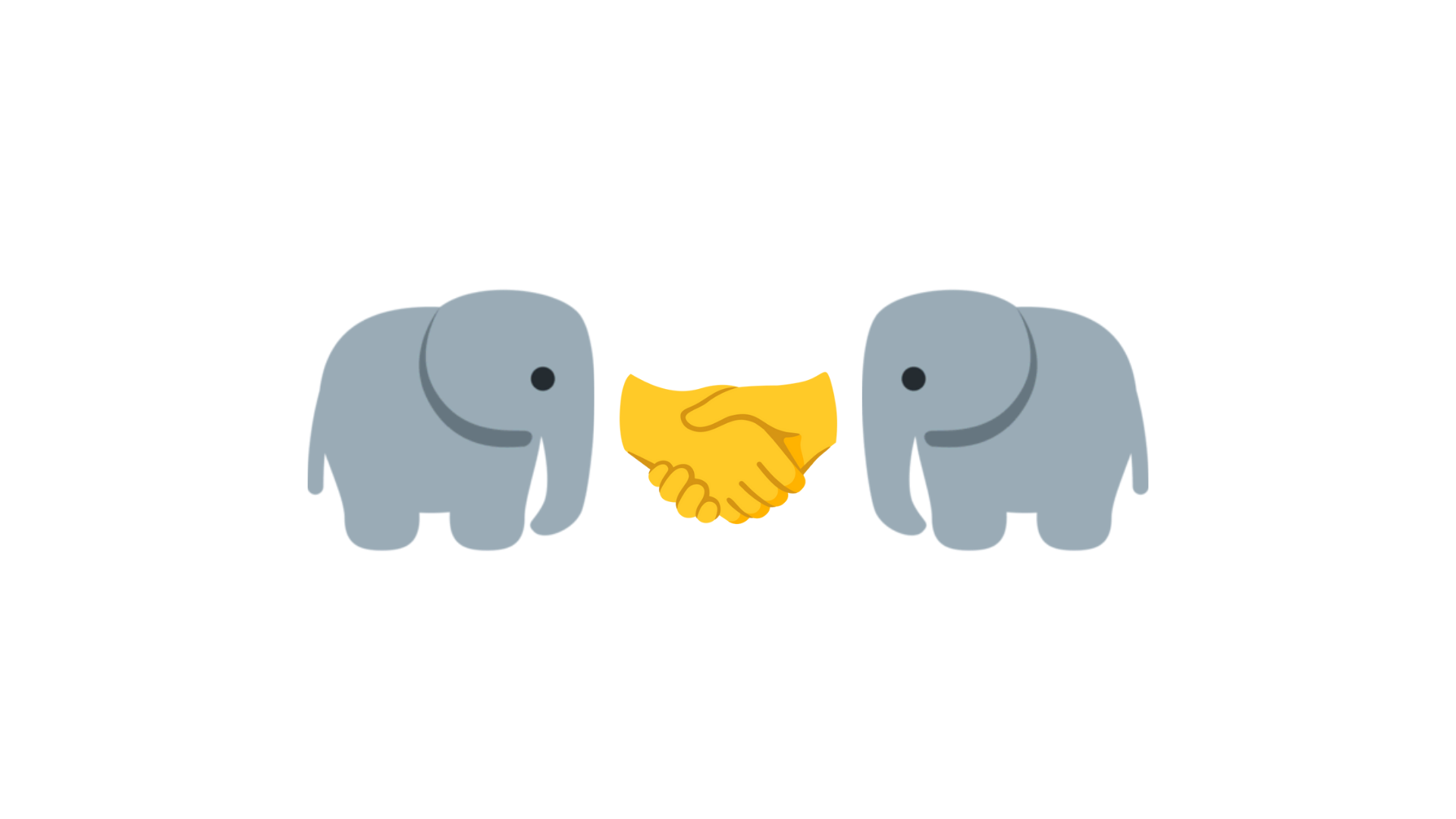| # | Problem | Pass Rate (passed user / total user) |
|---|---|---|
| 14025 | Let the Queen cooks |
|
| 14466 | Counting herds |
|
Description
I loved the part when she said “It’s cooking time!” And cooks everywhere, it really shows that she really cooks all the time.
Given a n x n board, each tile is either 1 or 0, you need to put n queens and count how many solutions are legal as the rules:
- 0 means you can put the queen in that tile.
- 1 means the tile is occupied, and we can't put the queen there.
- Queens can't attack each other, therefore each row, column, and diagonal has only 1 queen.
For example, the answer of the sample input is 1 as the picture below speaks for itself. There is no other possible move.
Little help from the queen: use scanf("%1d") to scan 1 digit number.
Input
First line is an integer n (1 <= n <= 10)
The next n lines is the board state, each n digit, consist only number 1 and 0.
It's guaranteed that every row has atleast 1 number 0
Output
Output an integer with how many solution the input has.
Following with '\n'
Sample Input Download
Sample Output Download
Tags
Discuss
Description

Elephants are social animals, and for them, adjacent elephants are considered part of the same herd (diagonal adjacency does not count). In other words, if an elephant is located at coordinates (x, y), then the elephants at (x+1, y), (x-1, y), (x, y+1), and (x, y-1) belong to the same herd.
Given a map of size n*m, where # represents an elephant and . represents an empty space, the task is to determine the total number of herds.
Sample:
.#.#.
####.
##..#
....#
##.##
Input
The first line contains two integers, n and m.
1 ≤ n, m ≤ 1000
The following n lines each contain a string of length m, where each character is either # or ..
Output
Output the number of herds.
Note that you do NOT need to print '\n' at the end of the output.